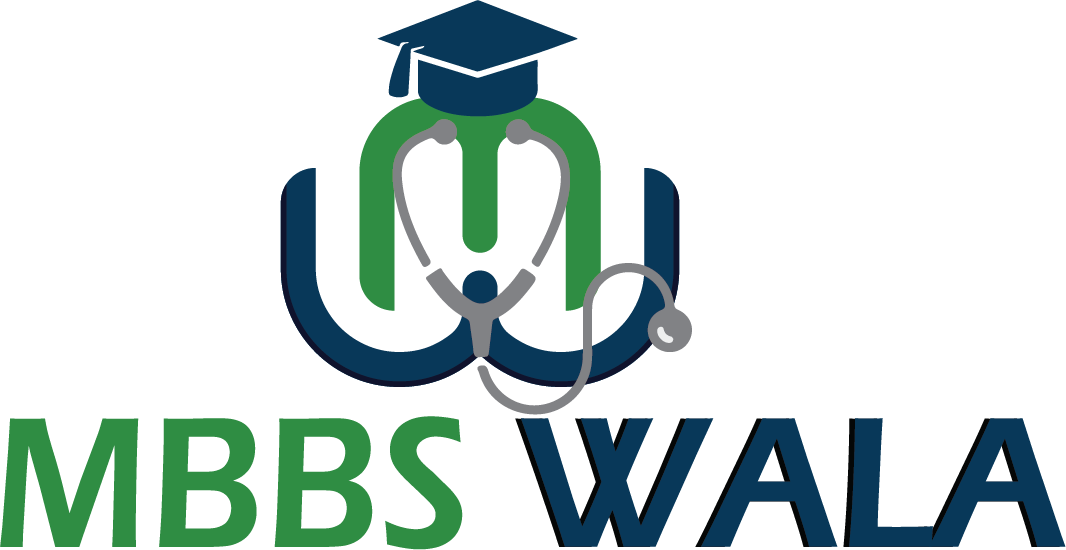Posted On: June10, 2024
An MBBS degree opens up diverse career opportunities beyond traditional clinical practice. Here are some alternative career paths:
1. Medical Writing and Journalism
Medical Writing
- Role: Create scientific documents, research articles, medical textbooks, regulatory documents, and educational materials.
- Skills Required: Strong writing skills, ability to explain complex medical concepts clearly, attention to detail, research skills.
- Workplaces: Pharmaceutical companies, medical communication agencies, research institutions, academic journals, freelance.
Medical Journalism
- Role: Report on health-related news, write articles for newspapers, magazines, and online platforms, and create content for television and radio.
- Skills Required: Journalism skills, ability to convey medical information to the public, interviewing skills, media literacy.
- Workplaces: Media houses, health magazines, online health platforms, television and radio stations.
Benefits
- Flexibility: Opportunities for remote work and freelance positions.
- Impact: Educate the public, influence health policies, and contribute to scientific literature.
- Variety: Work on diverse topics and projects.
2. Healthcare Management
Role
- Administration: Manage healthcare facilities, including hospitals, clinics, and nursing homes.
- Policy Development: Develop and implement health policies, improve healthcare delivery systems.
- Quality Assurance: Ensure compliance with healthcare regulations, improve patient care quality.
Skills Required
- Leadership, strategic planning, knowledge of healthcare systems, communication, and financial management.
Workplaces
- Hospitals, healthcare organizations, government health departments, consulting firms, non-governmental organizations (NGOs).
Benefits
- Leadership: Opportunity to lead and make impactful decisions.
- Growth: High demand for skilled administrators in the expanding healthcare sector.
- Diverse Opportunities: Work in various settings, including public and private sectors.
3. Medical Informatics
Role
- Health IT Systems: Develop and manage electronic health records (EHRs), health information systems.
- Data Analysis: Analyze healthcare data to improve patient outcomes, conduct medical research.
- Telemedicine: Implement and manage telehealth services, enhance remote patient care.
Skills Required
- Knowledge of IT and healthcare, data management, analytical skills, understanding of healthcare regulations and standards.
Workplaces
- Hospitals, health IT companies, research institutions, government agencies, consulting firms.
Benefits
- Innovation: Work at the intersection of healthcare and technology, drive innovations in health IT.
- Efficiency: Improve healthcare delivery and patient outcomes through data and technology.
- Future Growth: Growing field with increasing demand for health informatics professionals.
4. Pharmaceuticals and Biotechnology Sectors
Pharmaceuticals
- Roles: Clinical research, drug development, medical affairs, regulatory affairs, sales and marketing.
- Skills Required: Knowledge of pharmacology, research skills, regulatory knowledge, business acumen.
Biotechnology
- Roles: Research and development, product development, clinical trials, quality control, regulatory compliance.
- Skills Required: Strong scientific background, laboratory skills, understanding of biotech processes and regulations.
Workplaces
- Pharmaceutical companies, biotech firms, research institutions, regulatory agencies.
Benefits
- Innovation: Contribute to developing new drugs and therapies, work on cutting-edge technologies.
- Growth Opportunities: High potential for career growth in dynamic and evolving industries.
- Impact: Play a critical role in improving public health and advancing medical science.
Conclusion
An MBBS degree provides a strong foundation for various alternative career paths. Whether in medical writing, healthcare management, medical informatics, or the pharmaceutical and biotechnology sectors, MBBS graduates can leverage their medical knowledge and skills to excel in these diverse fields. These alternative careers offer unique opportunities for professional growth, innovation, and making a significant impact on healthcare and society.

